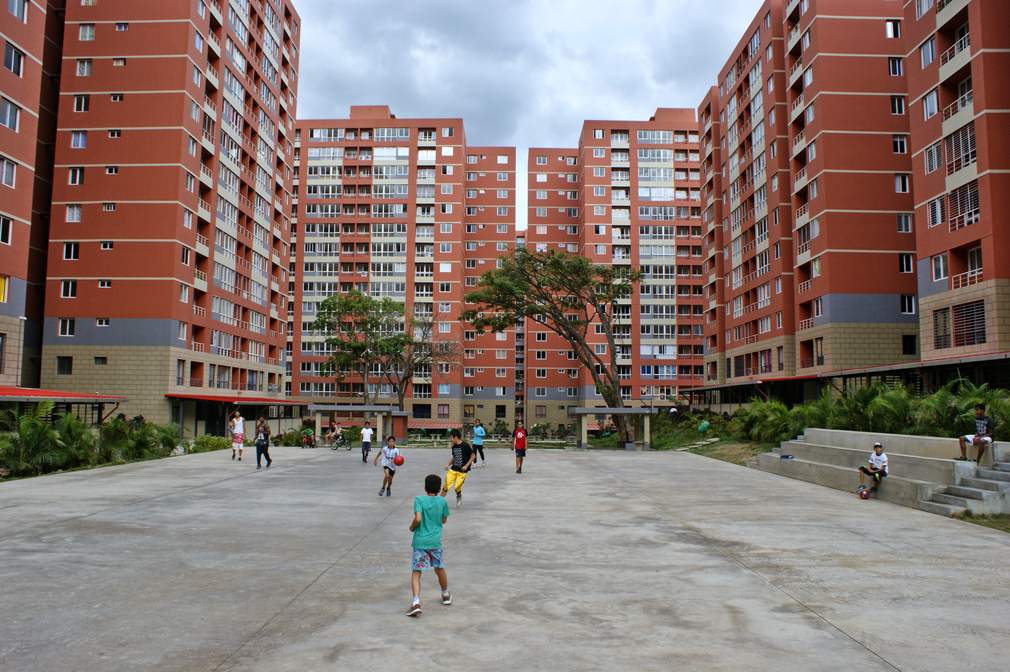First of all I realy, I mean strongly recommend reading Michael Roberts blog, here is the latest relevant post from him.
The cost of living and profits If you go back and read his other posts you'll get all of what I write down below, he already showed multiple times the Marxist understanding of the current inflation crisis.
So that is perhaps rather obvious but here is the thing, There Is No Alternative. The power of this worldview can't be understated and in a broader context the interest rate is very superficial almost to the point of being a distraction.
The marxist view is that interest rates don't contribute much if anything at all to inflation. What drives inflation is supply chain disruptions and mostly the financial market speculation e.g corporations buying their own stocks, creating an artificial monetary bubble that eventually propagates to the rest of the economy.
Some corporations also found out unsurprisingly the old mainstream liberal academic discourse about "supply and demand" is just purely made up shit so they can raise the prices to extortionary levels because consumers will not actualy fight against it, fighting here of course is disingenuous you can't just "protest" the cost of bread away. So in the end some corporations got a huge boost in profits from higher arbitrary prices and these profits both justified higher stock valuations and also gave them cash flow to buy more their own stocks.
You can note that the Brazilian stock market is very heavily co-related with the US stock market with very similar boom cycles, including COVID and even right now!
Perhaps here is #1:
There is currently a "hot potato" game between the stock market and the Fed/CBs which is basicaly who will blink first. The stock market keeps going up which makes inflation a long term problem.
Likewise at least the Fed has shown that they're willing to double down on their useless interest rate policy. I expect the Fed will blink first and so will other CBs. Interest rates will go down eventually because the Fed played out their hand, the market is no longer afraid of hikes. So the approach now will be to make people get accustomed to higher prices. See the MR post above.
After CBs declare their victory over inflation it will be left for governments and parties to convince the average worker seeing a real fall in wages and higher cost of living, once again TINA and better get used to it. I believe many such headlines were already posted on this site already specially in the UK/EU where the media is saying exactly this.
On the other hand if you delay the problem long enough the supply chain problems are easing up already. CBs will take the credit for "lowering inflation" soon inflation will go down in some areas but not others. It will be enough for both the media and politicians to point and say "HA look at it see we were right!".
Here is #2:
No capitalist government leftist or not would ever intervene over the CB before the crisis is over and after the neoliberal economists can point to some made up statistics about how their policy "worked".
The time for that was 2 years ago, leftist governments should have argued against rising interest rates in the first place, but ultimately we go back to the beginning. TINA so what would a succ dem government say? "Oh inflation? Don't worry about it!"
There should have been a key moment for regulation and dismantling of the stock market, in the US even just the PP loan fraud money funneled to the stock market should've been a key realization.
If we talk about Brazilian inflation I believe that was a key moment to tackle the land reform, the food export policy(a very key component of food price inflation) for starters, to fight against Eletrobras privatization and in fact introduce extreme price controls over utilities and energy prices, health care, rent etc.
Realistically imo there is no also TINA with regards to fighting inflation, either you raise a revolutionary movement against the private sector or you're at their whim.
Interesting we can look at China and ask why is the Chinese stock market boom and bust cycle not tied to such a massive inflation problem? The simple answer is government control over a large sector of the economy, despite a mixed capitalist structure corporations are not free to raise prices and profits arbitrarily like the west. Also strict capital control etc.
So what is Brazil to do? With a succ dem government in charge and a neoliberal ghoul Haddad in charge? Whether the interest rate drops significantly or not will not change much of anything IMO, go back 20 years during Lula's first term, as you remember correctly he boasts about bank profits back then even.
The points I raised earlier, government control over a large sector of the economy(in this case revoke privatizations), strict price controls, land reform, control over food export, heavy investment in sustainable energy(reduce reliance on oil) are the key points to tackle inflation in the long term IMO.

